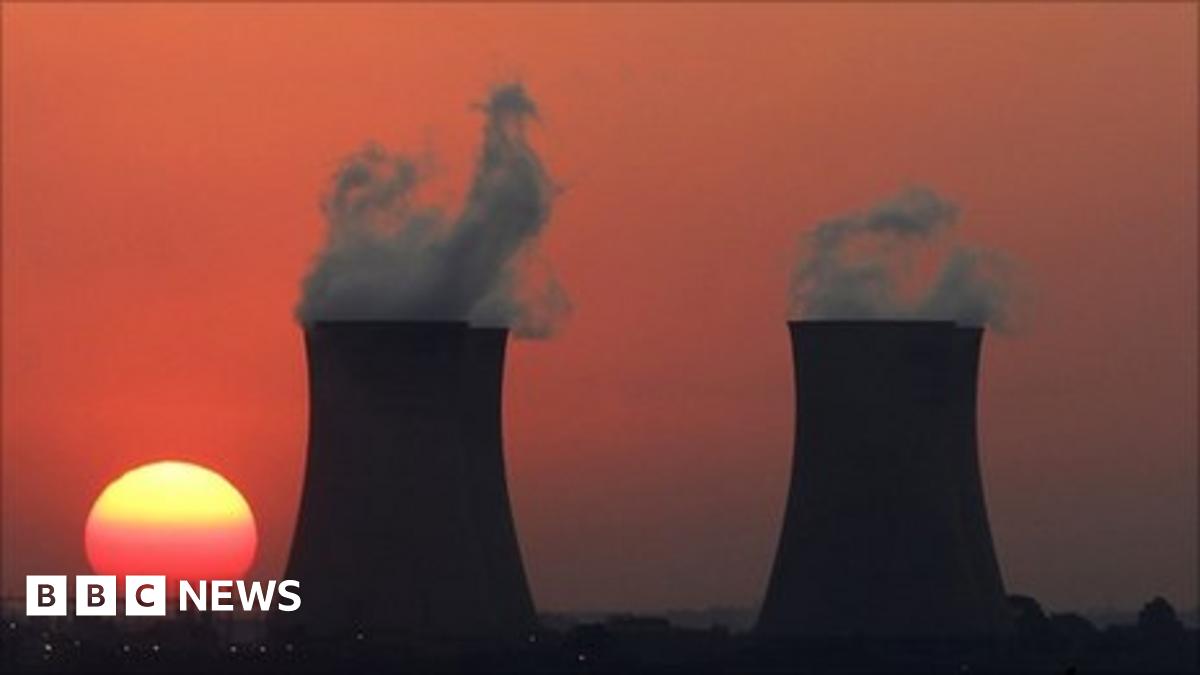The editor of a science journal has resigned after admitting that a recent paper casting doubt on man-made climate change should not have been published.
The paper, by US scientists Roy Spencer and William Braswell, claimed that computer models of climate inflated projections of temperature increase.
It was seized on by "sceptic" bloggers, but attacked by mainstream scientists.
Wolfgang Wagner, editor of Remote Sensing journal, says he agrees with their criticisms and is stepping down.
Continue reading the main story
"Peer-reviewed journals are a pillar of modern science," he writes in a resignation note published in Remote Sensing.
"Their aim is to achieve highest scientific standards by carrying out a rigorous peer review that is, as a minimum requirement, supposed to be able to identify fundamental methodological errors or false claims.
"Unfortunately, as many climate researchers and engaged observers of the climate change debate pointed out in various internet discussion fora, the paper by Spencer and Braswell... is most likely problematic in both aspects and should therefore not have been published..."
The paper, by US scientists Roy Spencer and William Braswell, claimed that computer models of climate inflated projections of temperature increase.
It was seized on by "sceptic" bloggers, but attacked by mainstream scientists.
Wolfgang Wagner, editor of Remote Sensing journal, says he agrees with their criticisms and is stepping down.
Continue reading the main story
"Peer-reviewed journals are a pillar of modern science," he writes in a resignation note published in Remote Sensing.
"Their aim is to achieve highest scientific standards by carrying out a rigorous peer review that is, as a minimum requirement, supposed to be able to identify fundamental methodological errors or false claims.
"Unfortunately, as many climate researchers and engaged observers of the climate change debate pointed out in various internet discussion fora, the paper by Spencer and Braswell... is most likely problematic in both aspects and should therefore not have been published..."


 Fractal Design Arc Mini R2, 3800X, Asus B450M-PRO mATX, 2x8GB B-die@3800C16, AMD Vega64, Seasonic 850W Gold, Black Ice Nemesis/Laing DDC/EKWB 240 Loop (VRM>CPU>GPU), Noctua Fans.
Fractal Design Arc Mini R2, 3800X, Asus B450M-PRO mATX, 2x8GB B-die@3800C16, AMD Vega64, Seasonic 850W Gold, Black Ice Nemesis/Laing DDC/EKWB 240 Loop (VRM>CPU>GPU), Noctua Fans.
Comment